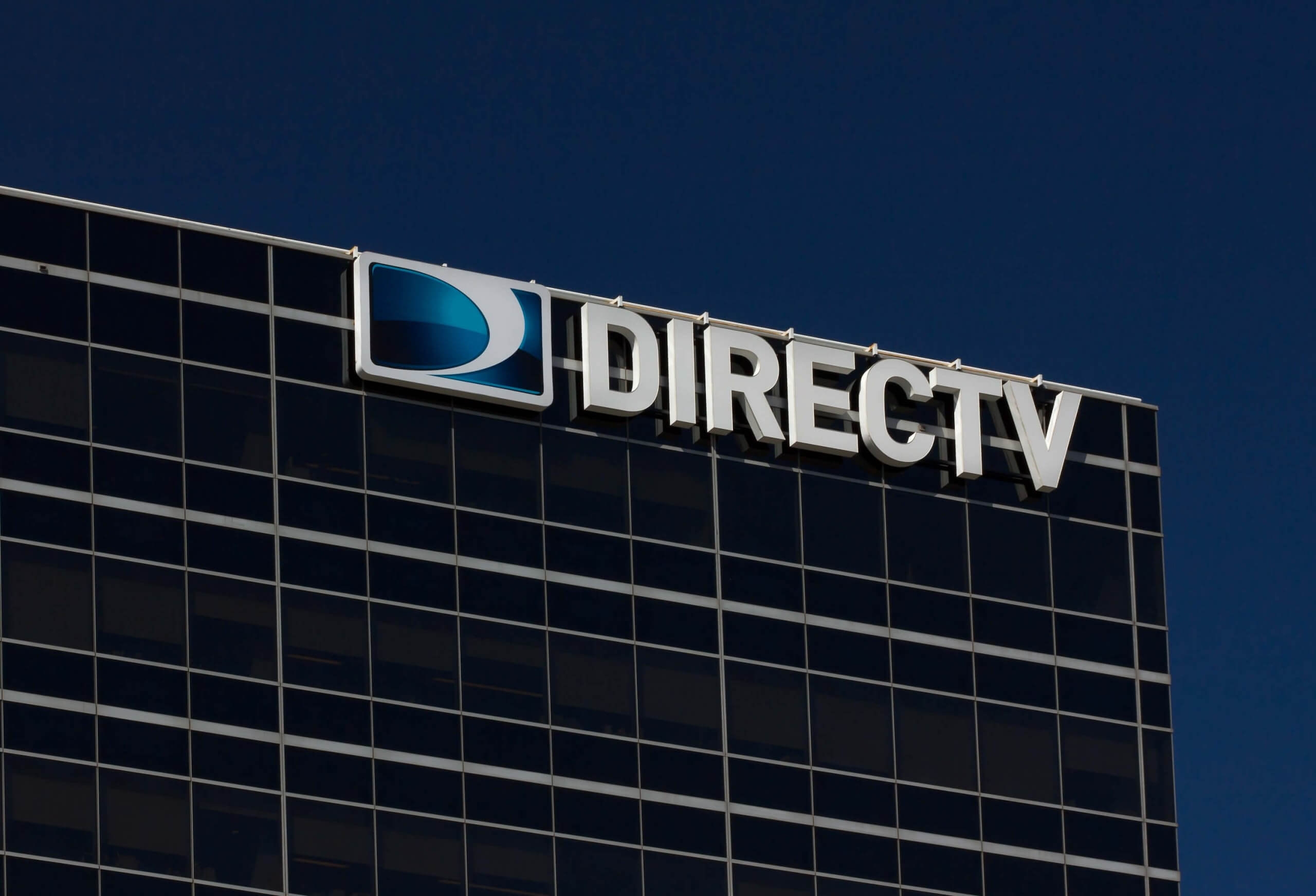In context: AT&T is looking for a way to jettison its struggling satellite TV provider DirecTV. The telecom giant picked up the service in 2015 for $49 billion. AT&T CEO Randall Stephenson saw the deal as a way to diversify the company and break into the growing media industry.
The acquisition seemed a good idea at first. The Wall Street Journal notes that after the merger, AT&T took Comcast's place as the largest pay-TV distributor with 26 million subscribers. It now has 23 million as of the second quarter this year. A loss of 3 million customers may not seem that alarming, but it is the rate at which subscribers are leaving that has investors worried.
DirecTV lost 544,000 paying customers in Q1 2019. It then lost another 778,000 in the second quarter. Furthermore, the company projects that losses will continue as more consumers look to cut the cord.
Investment management firm Elliott Management Corp recently disclosed it had a $3.2 billion stake in AT&T. It sent a letter to the board voicing concern over the struggles and is pushing for "strategic changes." Investors are looking for ways to mitigate the "damaging results" of the acquisition.
Initial thoughts were to sell off the service to Dish Network, but AT&T's Chief Financial Officer John Stephens confirmed to Reuters that the company is not in talks with Dish citing regulatory concerns.
"In its letter to AT&T's board, Elliott said AT&T's DirecTV acquisition has come with 'damaging results.'"
"So there's been some stories out there about the industrial logic about putting 2 satellite providers [sic]," said Stephens. "It hasn't been successful, and I don't know that there's any change in that regulatory perspective."
Stephens was referring to an attempted merger in 2001 between EchoStar Communications (later to become Dish) and Hughes Electronics (former owner of DirecTV). That deal was ultimately quashed by regulators claiming it violated antitrust laws and would leave rural Americans with only one option for TV service.
AT&T is instead considering spinning off DirectTV into a separate public company. However, a source familiar with the matter told WSJ that such a move would not be likely until sometime in 2020, to make it a "tax-efficient transaction."
That said, selling it off to Dish is still not entirely out of the question.
Dish Chairman Charlie Ergen showed interest in picking up the provider in 2014 but lost out to AT&T. At an investor's conference on Tuesday, Ergen said that interest is still there, despite the regulatory hurdles. He said the company would continue looking into it.
Image credit: Ken Wolter via Shutterstock
